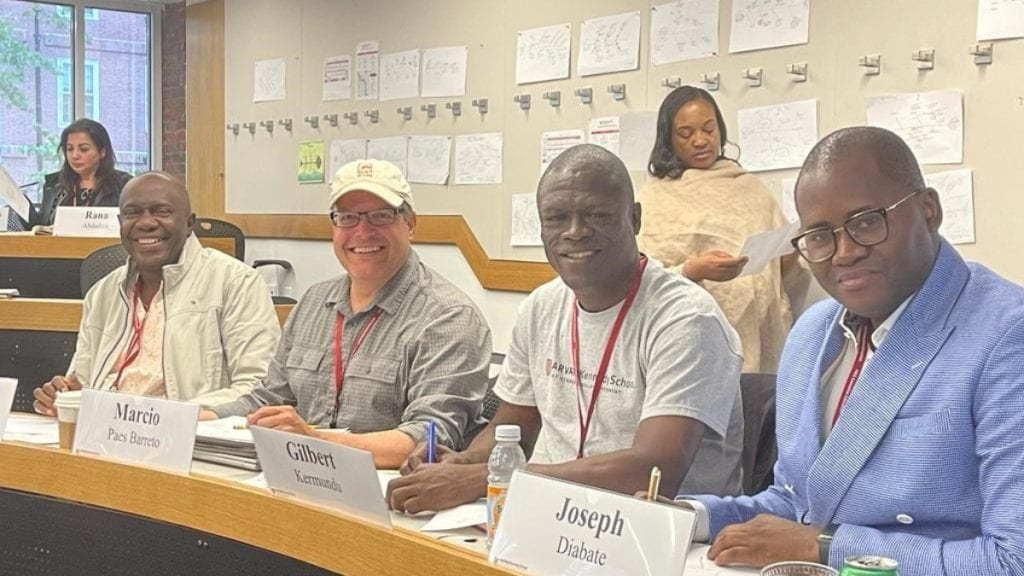In Nigeria we led two projects and trained several practitioners. See below for country related content.
Projects
In April 2017, BSC began a two-year engagement with the Collaborative Africa Budget Reform Initiative (CABRI), an intergovernmental organization based in South Africa, to build capability for Public Financial Management (PFM) reform in Africa.
Teams from Central African Republic, Cote D’Ivoire, Ghana, Lesotho, Liberia, Nigeria, Sierra Leone, South Africa, and The Gambia participated in this program.
Building PFM Capabilities in Africa – 2018
The team from Nigeria focused on:
Problem: Inadequate funding of the health sector resulting in poor primary health care outcomes
What was done: Nigeria has many pressing health problems, including the highest number of unimmunized children in the world (4.3 million).The main causes identified were the scaling down of donor funding support, low revenue generation, low budgetary allocation, low releases of allocated funds, governance and accountability (among the three tiers of government), and low private sector investment in the health sector.
What was learned: When problems are deconstructed, they become easier to solve. Small actions are critical. Development funding could be used to galvanize local action. When problems are presented and supported with data, buy-ins become easier. We achieve more working as a team than as individuals. A supportive authorizing environment makes success easier.
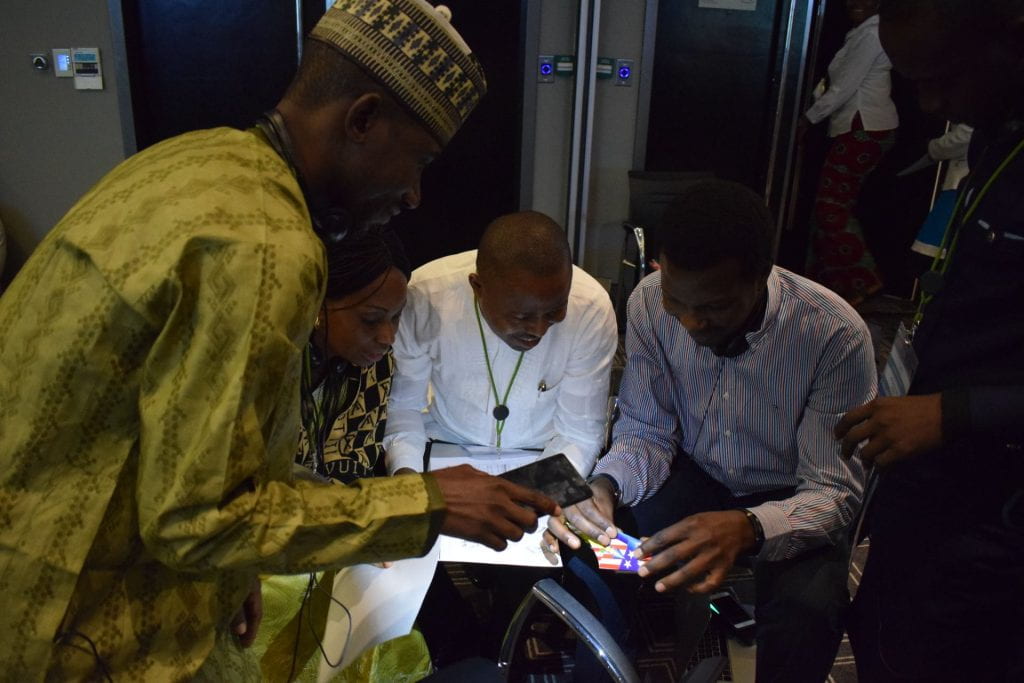
Project Photos
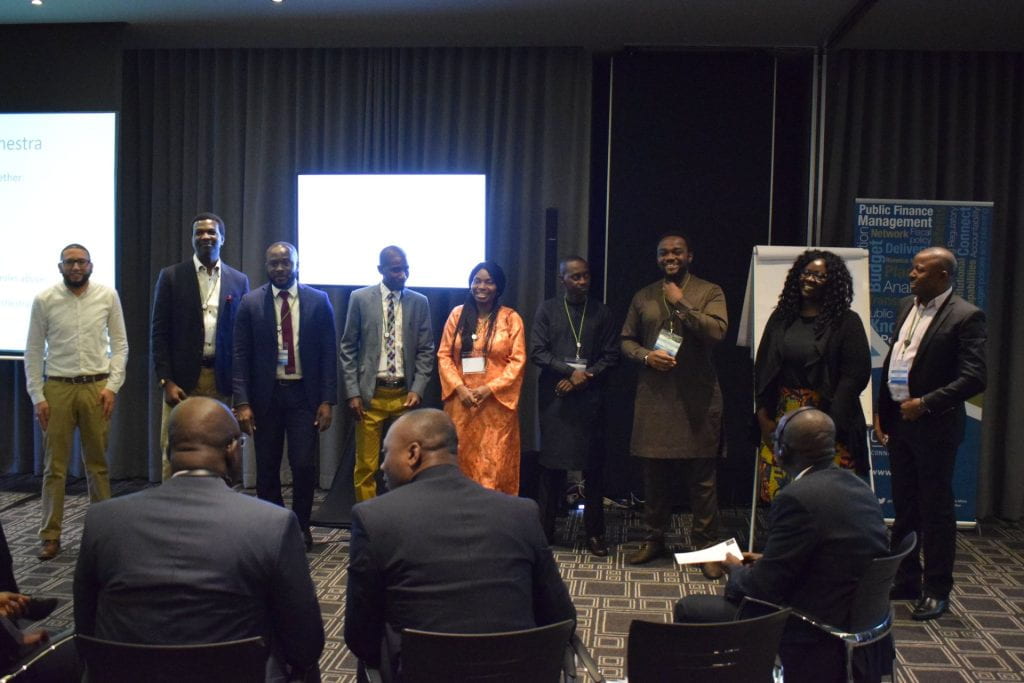
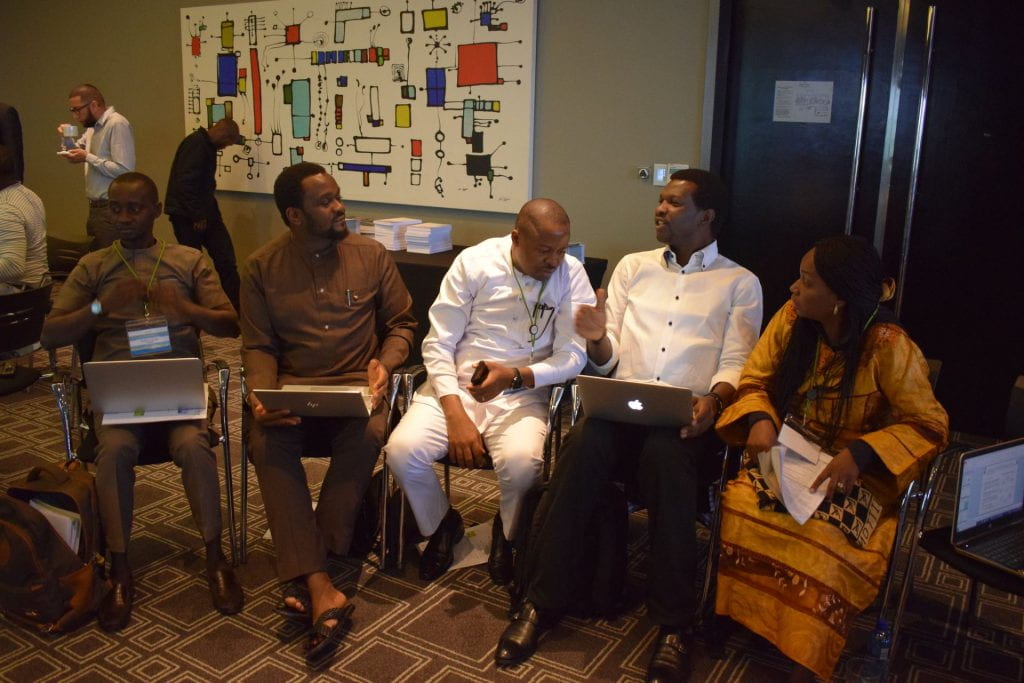
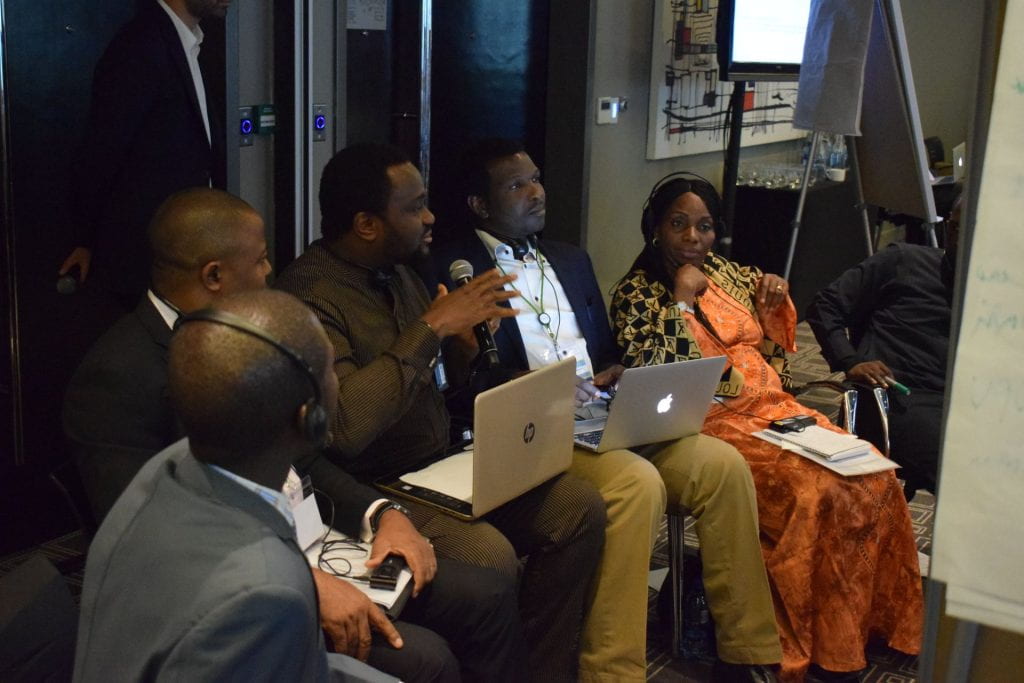
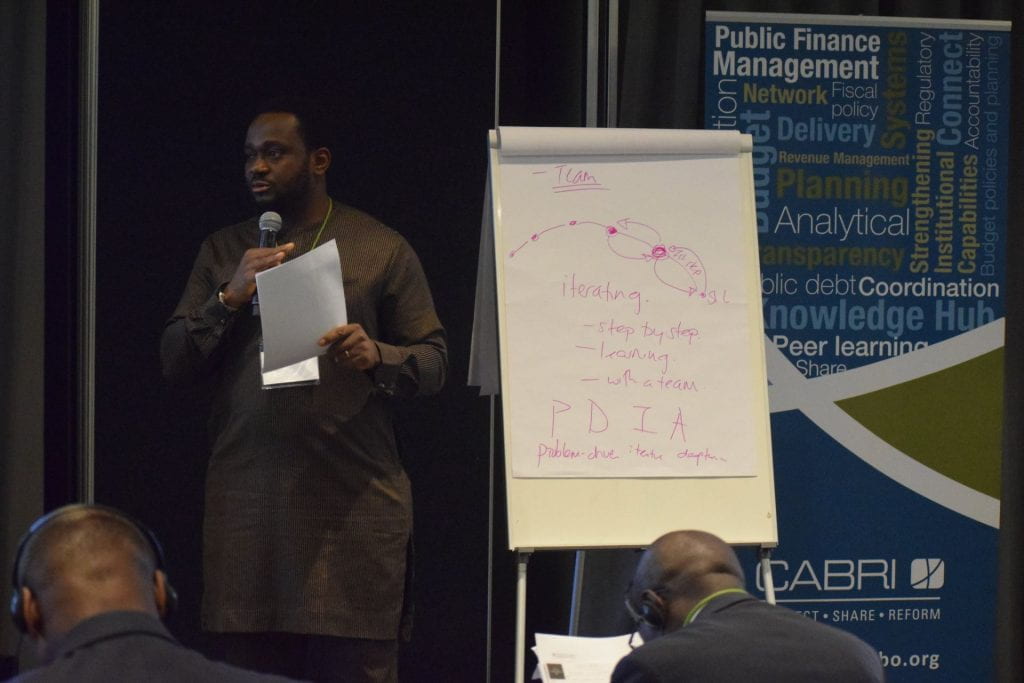
Building PFM Capabilities in Africa – 2017
The team from Nigeria focused on:
Problem: Weak capital project screening, inclusion process & implementation
What was done: One of the root causes of the problem was that there was no strict adherence to a budget calendar in the past, leading to delays in budget submissions and ultimately delays in procurement/implementation. The team developed a detailed budget calendar and submitted the 2018 appropriation bill much earlier than in recent years. The team also ensured that the Executive and Legislative branches met for a pre-budget bilateral meeting and secured parliament’s buy-in for some major projects and programs of the government.
What was learned: Political capital is very important in achieving key objectives in the programme. Periodic team meetings help keep the team focused on the goal. PDIA provides a simpler and better methodological approach to understanding problems and providing solutions.
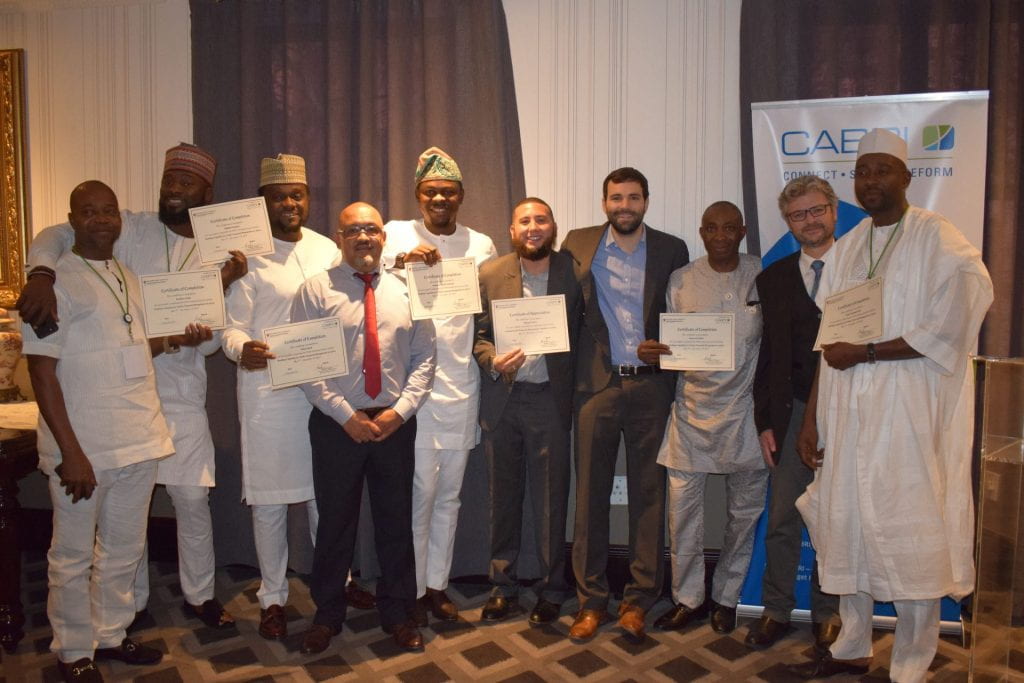
Project Photos
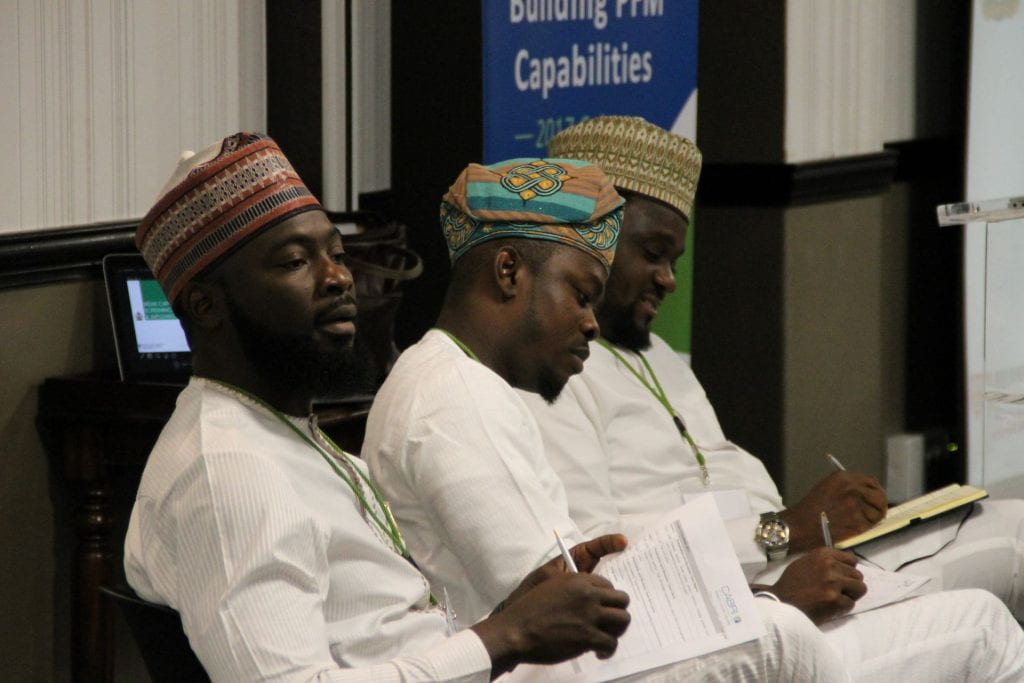
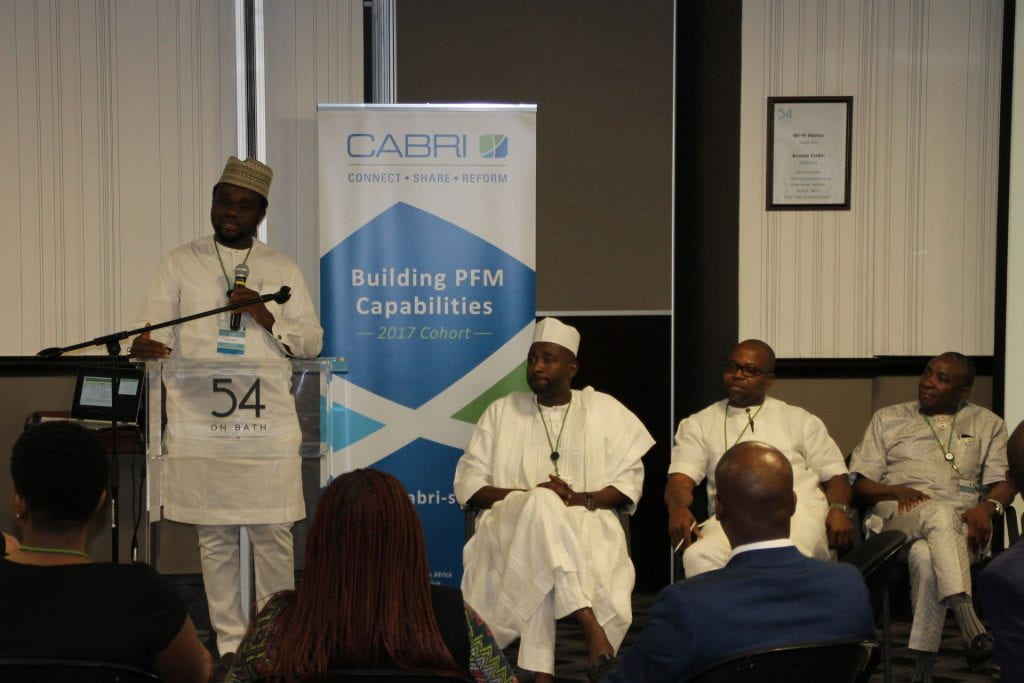
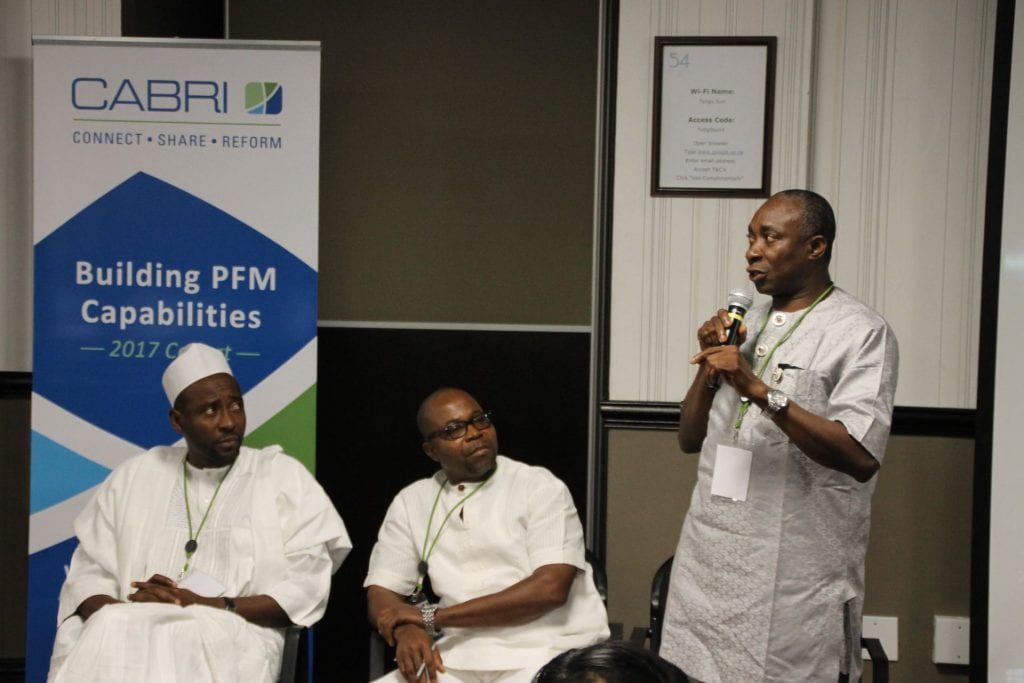
Project-Related Posts
Building PFM Capabilities 2017 Cohort: Closing Workshop
Building PFM Capabilities – 2018 Cohort Framing Workshop
Getting things done: PFM Reform in Africa by Tim McNaught

Country-Related Alumni Podcast
Chinenye Uwanaka is the Founder and Managing Partner of The Firma Advisory, a boutique law and consulting firm in Nigeria and completed our HKS Executive Education program Implementing Public Policy in 2019.
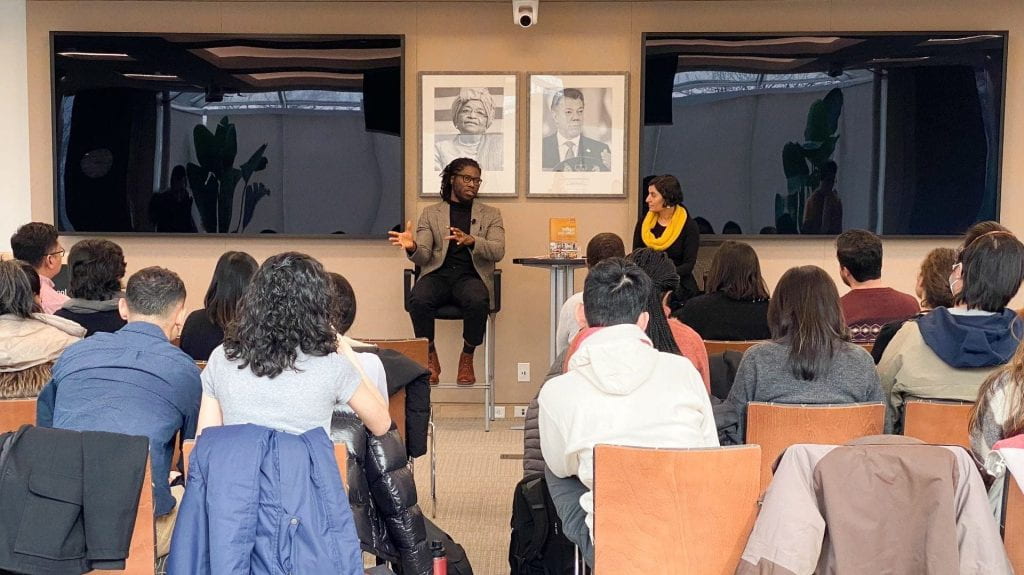
Country-Related BSC Event
They Eat Our Sweat: Transport Labor, Corruption, and Survival in Urban Nigeria
The informal transportation network, characteristic of many African cities, is notoriously dangerous. In Lagos, drivers are constantly threatened and forced to pay bribes; they suffer health problems like hypertension and partial blindness, and accidents are common. Fear is a form of governance. The police and the union extract money from transport drivers and share it with each other. The money passes up the ranks, to the union authorities and to political leaders. In this book talk, you will hear about the author’s first-hand experience as a minibus conductor in Lagos as a way to better understand the culture and complexity of corruption, and learn more about how such a harrowing and corrupt system can endure.

